Kate Forbes’s run for First Minister may be short-lived but it will certainly be interesting. Her challenge: she’s a member to the Free Church of Scotland which opposes gay marriage, abortion and gender self-ID. For seven years as a parliamentarian she has avoided saying what she thinks about such issues and for obvious reasons: it would cause her problems. But today she was asked directly and gave a straight answer: she would have voted against gay marriage and would have ‘struggled’ to back Nicola Sturgeon on gender self-ID.
I’m a member of the SNP and I believe that no office should be removed from any candidate on the basis of protected characteristics, including faith. I think there’s a way to square my faith as well as my membership and leadership of the SNP – and that includes things like having to love my neighbour.
So why would she run to be leader of a party whose membership are very much in favour of both? In her first interview round since going on maternity leave last summer, she told STV’s Colin Mackay that she is making a plea for tolerance.
So she regards her Calvinism as a ‘protected characteristic’, a phrase which has a specific meaning in politics and law. Sadiq Khan, for example, is unlikely to be asked if he backs gay marriage – not just because this isn’t really relevant to his duties as Mayor of London but because this would be seen as a dig at his being Muslim. He voted for it, so does it matter what he personally believes? And no, it would not be hypocritical to think one way and vote another on such issues. You can be against gay marriage in your own church, mosque or synagogue – but through a belief in liberty, vote to ensure that others can arrange their own affairs in any way they like. Tim Farron voted for equal marriage but was asked a different question: did he regard gay sex as sinful? His inability to answer that question ended his leadership. So the defence that had previously served as a protection – ‘I disagree with X but I would not impose my beliefs nationally’ – is no longer a defence. You are asked if you agree with X and if you don’t then you’re seen as an apostate, beyond the pale. Just as Catholics were in the old days. That is, in my view, a malign and intolerant development, the resurrection of the old Puritanism, that threatens Muslims as much as Wee Frees and indeed others who demur from current consensus. There is a case, as Forbes says, for such dissidents – Islamic, Christian and secular – to have their matters of faith regarded as a protected characteristic in a politics where people accept differences and agree to disagree.
Some argue that Christianity cannot be a protected characteristic because it’s a majority faith – so Christianophobia cannot really be a thing. But the dynamics of this argument will change as fast as the country loses its religion. Christians made up 46 per cent of the population according to the 2021 census, down from 56 per cent a decade ago. So Christians are now an official minority. The Free Church of Scotland is tiny – about 13,000 worshippers – so should it be afforded the same respect and protection as other minority faiths? This seems to be what Forbes is advocating. She offers the example of Angela Merkel, who personally opposed gay marriage but still believed that it should be brought in if via a democratic process.
My guess is that the SNP members who are appalled at Forbes’s views will not overtly attack her for them. It looks likely that the SNP machine, that once backed Nicola Sturgeon, has decided to go for Humza Yousaf rather than Angus Robertson who was favourite to win until this weekend. Robertson has, I suspect, been asked to fall on his sword – and do so with a dig at Forbes saying he could not take on such a job seeing as he has a young family. Forbes has a toddler and three other children through her recent marriage, a point that Robertson did not really have to make.
Yousaf has, meanwhile, been asked by Andrew Marr about gay marriage. ‘I’m a supporter of equal marriage,’ he replied. ‘Let me get to the crux of the issue that you’re asking me. I’m a Muslim. I’m somebody who’s proud of my faith. I’ll be fasting during Ramadan in a few weeks’ time. But what I don’t do is, I don’t use my faith as a basis of legislation. What I do as a representative, as a leader, as a Member of the Scottish Parliament is my job: to bring forward policy and pursue it in the best interests of the country.’
The crux, of course, is what Yousaf thinks – not how he’d vote. And he didn’t answer, although Forbes did. So we still don’t know. When it comes to gay marriage, does Yousaf disagree with his faith – or his party? Does he agree with the mainstream Islamic position that marriage should be between a man and a woman? Marr didn’t press the issue on LBC. I’m not sure he would have done so for Forbes, either: some interviewers regard questions of conscience as an intrusion. Farron’s leadership of the Lib Dems was, of course, sunk by repeated questions as to whether he thought gay sex is sinful.
Now that Forbes has put her cards on the table, will she be denounced as a homophobe or a Terf? I suspect not: to do so would be a bit too crass. But her answer does amount to a large – and pretty brave – gamble from her party. She has declared her values and now asks her party if they’d elect her anyway. She is optimistic, she says, about SNP tolerance. We’ll soon see how justified her tolerance is.
Got something to add? Join the discussion and comment below.
Get 10 issues for just $10
Subscribe to The Spectator Australia today for the next 10 magazine issues, plus full online access, for just $10.


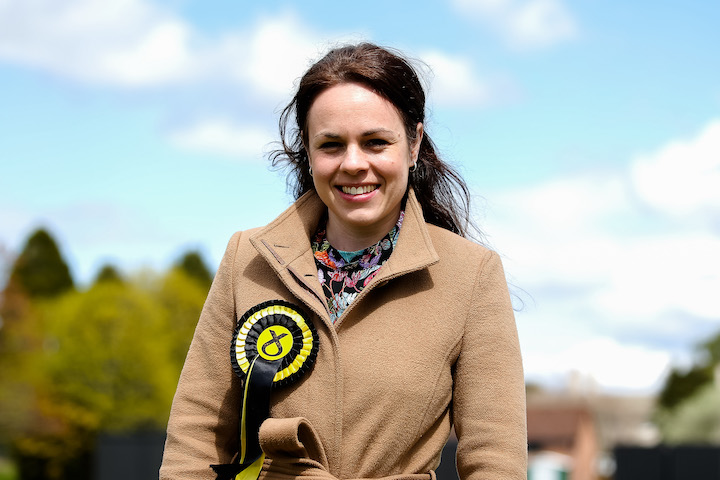


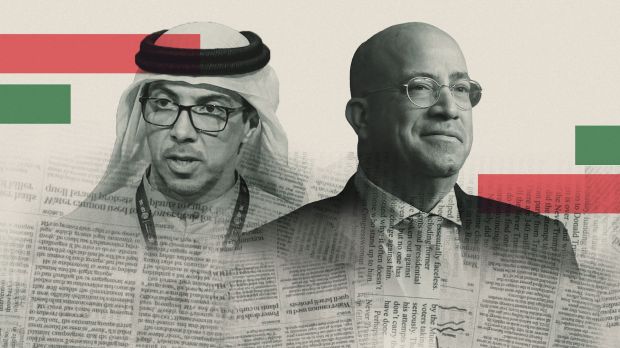
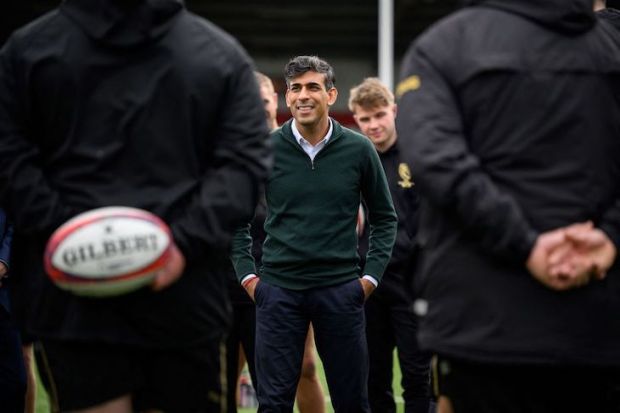
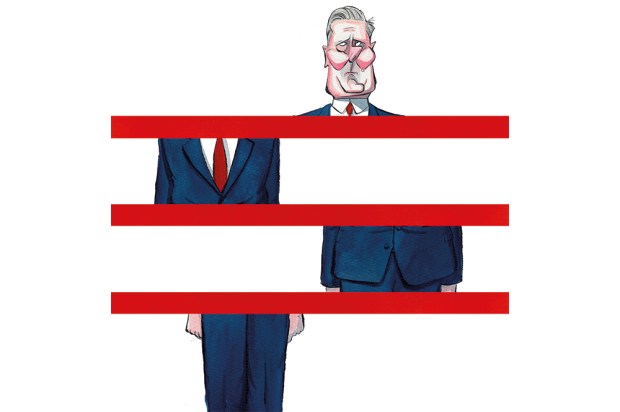
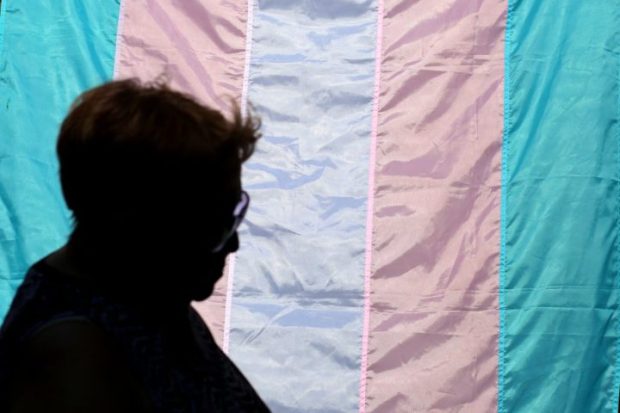












Comments
Don't miss out
Join the conversation with other Spectator Australia readers. Subscribe to leave a comment.
SUBSCRIBEAlready a subscriber? Log in